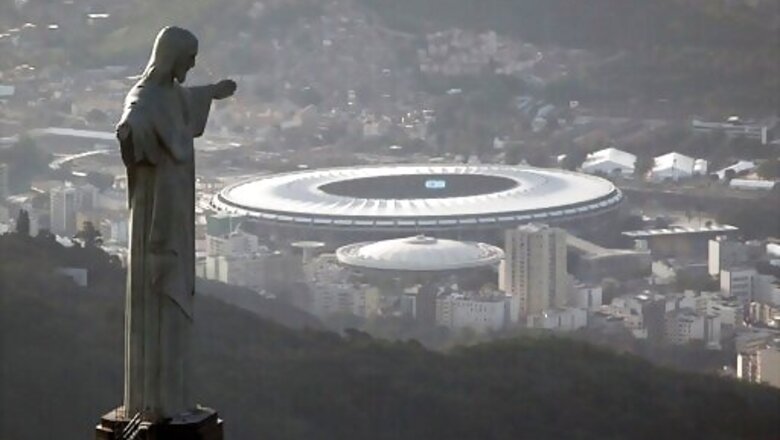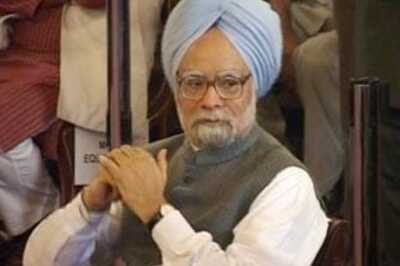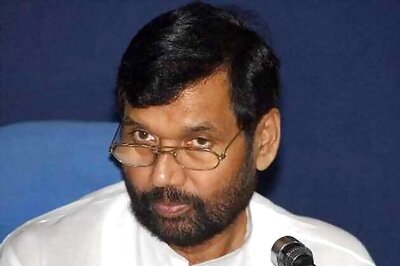
views
RIO DE JANEIRO: After years of Brazilians being battered by revelations of bribery and corruption, Rio de Janeiros huge Christ the Redeemer statue is trying to set a moral example — by introducing its own compliance program.
Administrators of the 125-foot-tall figure overlooking the Marvelous City announced a program Tuesday to bring more transparency to operations of the flagship tourism destination. Almost 2 million people visited in 2019, the year before the pandemic.
In pandemic times, we can find solutions, take position in the face of such a troubled scenario, in the face of so many uncertainties in the economy, in society, in families,” said Rev. Omar Raposo, rector of the Sanctuary of Christ the Redeemer. And we can now bring forward a reference in matters of ethics in view of the common good.
The Rio branch of the international accounting firm KPMG has signed an agreement with the sanctuary’s administration to ensure operations are aboveboard.
“In the compliance era, one of Brazils primary postcards has to be example, Rafael Weksler, head of risks and compliance for KPMG in Rio, said in a statement.
The program will train managers to better flag and address suspicious activity and to establish an anonymous hotline for anyone seeking to submit claims or complaints.
While the Christ statue has come to symbolize Brazil for many people, Rio de Janeiro state has become emblematic of Brazilian corruption. All governors elected between 1998 and 2014 have been jailed at different points over corruption allegations or convictions. One of them, Srgio Cabral, was sentenced to a total of more than 300 years in prison for corruption, money laundering and other crimes.
More recently, Wilson Witzel, a former judge who won the 2018 gubernatorial election with his law-and-order platform, was impeached in April for allegedly taking part in a bribery scheme related to fraudulent contracts for COVID-19 field hospitals. He remains under investigation and has denied any wrongdoing.
The case was part of operation Car Wash, an anti-corruption task force that targeted the nations political and business elite. Its investigations turned up kickbacks related to contracts awarded by state-run companies, particularly Rio-based oil giant Petrobras, and for some World Cup arenas, including renovation of Rio’s Maracana stadium where the final was played.
The team of prosecutors, whose work began in 2014, was recently disbanded, but has had a lasting impact on business as usual, said Guilherme Doneg, a Brazilian anti-corruption expert based in Washington.
Very few traditional Brazilian companies had compliance programs, Doneg told The Associated Press by phone. “With Car Wash, Brazils private sector started paying attention to the issue of corruption.
There’s room for improvement. Brazil ranked 94th of 180 countries in the monitoring group Transparency International’s most-recent global ranking on the perception of corruption.
At the Christ statue, atop Corcovado hill, Raposo inaugurated the new transparency program before delivering a brief oration, welcoming his institution’s embrace of greater accountability.
Our Christ the Redeemer, so special, great symbol of our country, open its arms to innovations, he said.
Disclaimer: This post has been auto-published from an agency feed without any modifications to the text and has not been reviewed by an editor
Read all the Latest News, Breaking News and Coronavirus News here.




















Comments
0 comment